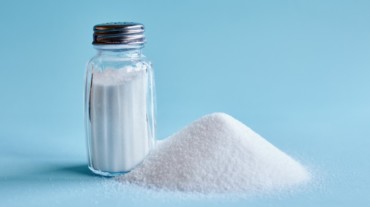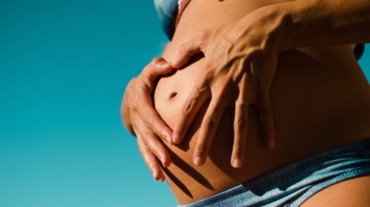
Iodine is an essential micronutrient for normal human development and the production of thyroid hormones. Significant strategies have been implemented worldwide for prevention and control of iodine deficiency. Still it remains a prevalent public health issue, more so in pregnant women. So, let’s learn about the importance of iodine.
In the absence of enough iodine, the thyroid gland works harder and becomes enlarged or swollen, a condition called goiter. At other times, the gland makes insufficient thyroid hormones, known as hypothyroidism.

Some of the causes of iodine deficiency involve eating a poor diet or consuming foods from iodine-poor soil. Iodine deficiency and related thyroid disorders can present with one or more of the following symptoms:
Women are more likely to suffer from iodine deficiency compared to men. It increases risk of several conditions including infertility, thyroid autoimmune disease, thyroid or other cancers, pregnancy-related high blood pressure and learning disabilities in children of an iodine-deficient mother. Iodine deficiency in pregnant and nursing mothers can have far larger implications on both the mother and the baby.
Also, read: Do you know iodine deficiency can make your thyroid worse? Yes, it’s true!
Severe iodine deficiency in pregnant women has been associated with preterm birth, miscarriages, stillbirth and congenital abnormalities in their babies. Besides, children born to severe iodine deficient mothers can have intellectual disabilities and problems with growth, speech, hearing among others. The most severe form of this deficiency results in an underactive thyroid which presents as cretinism – a syndrome characterized by spasticity, short stature, deaf mutism and permanent brain damage, although this is a rare occurrence nowadays. Even the mild variety of iodine deficiency during pregnancy may be associated with low intelligence in children.

Iodine deficiency is preventable and treatment involves evaluation of symptoms, history and any related conditions. The treatment options may include taking iodine supplements and using iodized salt. Dietary changes can correct iodine deficiency. Good sources of iodine include eggs, fish, dairy products, bread, meats, nuts, seafood and Kelp – a sea vegetable
Takeaway
In addition to being highly essential for maternal and fetal health, iodine has an important role in many body functions. Severe iodine deficiency during pregnancy has many harmful effects on the offspring, and is even a common preventable cause of intellectual disability in children.
Considering the increased need for iodine during pregnancy, supplementation is recommended even before conception. Iodine deficiency can be prevented to a great extent.
Select Topics of your interest and let us customize your feed.
PERSONALISE NOW